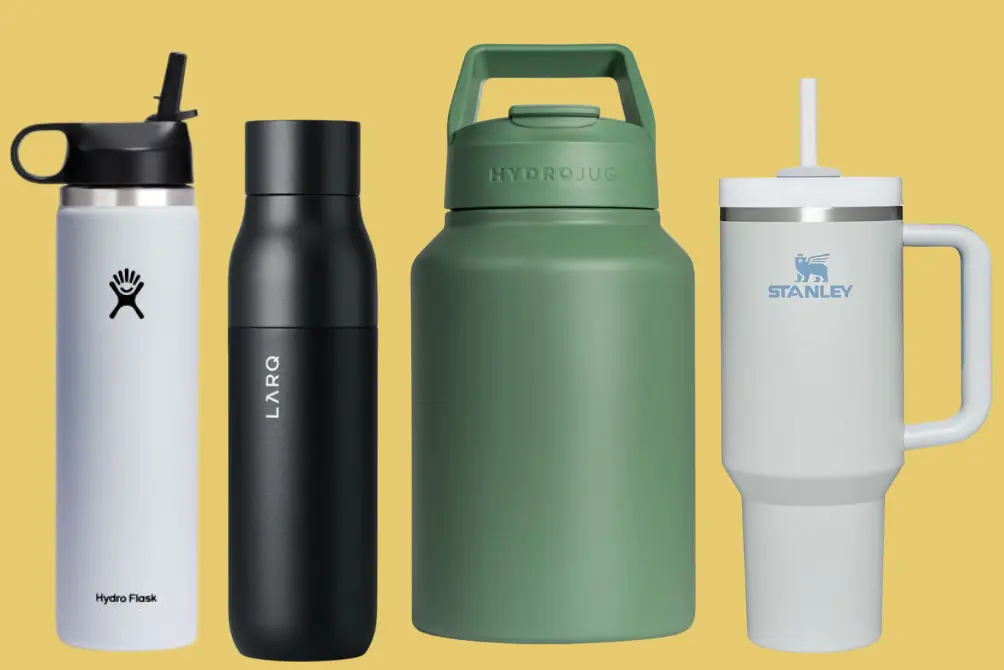
We all have that one trusty water bottle by our side—the one we carry everywhere, whether it’s to the gym, at our desks, or in the car. It feels reassuring, doesn’t it? Your ‘emotional support water bottle’ might signify health and wellbeing, a reminder to stay hydrated. But is it possible that this constant sipping could lead to overhydration?
Understanding Overhydration
Overhydration, or water intoxication, occurs when you drink more fluid than your kidneys can excrete, leading to a dilution of electrolytes in the blood, particularly sodium. This imbalance can cause symptoms such as headaches, nausea, confusion, and in severe cases, can lead to seizures or coma.
How Much Water Do You Really Need?
The commonly touted “eight 8-ounce glasses a day” is actually more of a guideline than a strict rule. The amount of water you need depends on various factors, including your body size, activity level, and the climate. According to the U.S. National Academies of Sciences, Engineering, and Medicine, an adequate daily fluid intake is about 15.5 cups (3.7 liters) of fluids a day for men and about 11.5 cups (2.7 liters) of fluids a day for women.
Signs You May Be Overhydrating
Watch out for these signs of overhydration:
- Feeling nauseous or vomiting
- Headache
- Changes in mental state such as confusion or disorientation
- Muscle weakness or cramps
- Seizures in severe cases
How to Prevent Overhydration
- Listen to Your Thirst: Thirst is your body’s way of telling you it needs water. Drinking when you’re not thirsty can lead to overhydration.
- Check Your Urine Color: If your urine is clear or nearly so, you may be drinking too much. Aim for pale yellow.
- Monitor Your Intake During Exercise: Replace only what you lose through sweat. Weigh yourself before and after exercise to gauge how much water you should drink.
- Don’t Overdo It with Electrolyte Drinks: These can also contribute to overhydration if consumed in large quantities without significant sweating and electrolyte loss.
The Role of Emotional Support in Overhydration
The term ‘emotional support water bottle’ indicates that some people may drink water not solely based on physical need but for emotional comfort. Carrying a water bottle everywhere could be more of a habit than a necessity, and the familiarity of sipping water can be soothing during stressful times.
Balancing Emotional Comfort and Physical Health
Emotional comfort is important, but listening to your body’s needs is crucial for your physical health. If carrying a water bottle helps you feel better emotionally, consider setting reminders for regular, but not constant, sips of water. Stay mindful of your body’s signals of thirst and hydration levels.
Overhydration is not a commonly recognized problem compared to dehydration, but it can be just as dangerous. Paying attention to your body’s needs and hydrating appropriately is vital. By all means, keep your ‘emotional support water bottle’ by your side—but remember to sip smartly!



